
Watch out for your kidneys while using pain medicines
‘Care for your Kidneys’ series
(Brought to you by MOHAN Foundation & Care for Your Kidney Foundation)
Pain medicines, also called analgesics, help relieve pain, fever, and even inflammation. These medicines may help with arthritis, colds, headache (including migraine), muscle aches, menstrual cramps, sinusitis and toothache.
These drugs are effective and usually safe. However, it is important to realize that no medicine is completely without risk. They should be used carefully. When used improperly, pain medicines can cause problems in the body, including the kidneys. According to the National Kidney Foundation, as many as 3 percent to 5 percent of new cases of chronic kidney failure each year may be caused by the overuse of these painkillers. Once kidney disease occurs, continued use of the problem drug makes it worse.
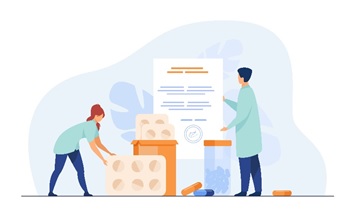
Types of Painkillers
There are three main types of Painkillers. They are:
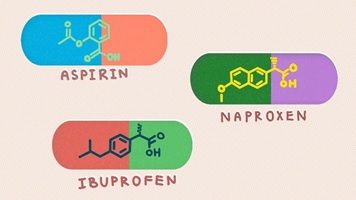
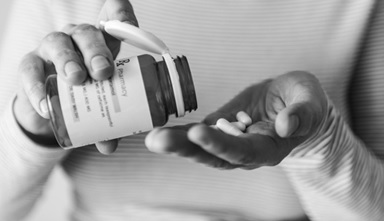
Chronic kidney disease can happen due to the daily consumption of these medicines (or combination of two) without supervision for a longer period of time. The role of kidneys is to excrete waste products out of the body, and the residual waste of medicines keeps damaging the kidneys in the longer run.
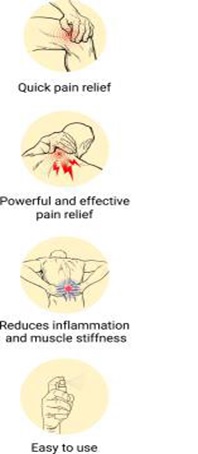
How do the Painkillers affect the kidneys?
Let us understand that kidneys filter blood through nephrons which are small cone shaped in kidneys and they have some amount of pressure to filter blood and remove the excess waste but prolonged usage of painkillers can reduce the amount of pressure, can also damage nephrons on long run and hence the function of kidneys are compromised. It can be an acute failure or a chronic kidney failure.
But the most important thing is to identify whether it has damaged the kidneys or not. Some of the symptoms are-
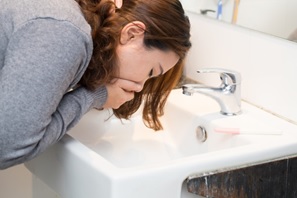


Kidney disease from pain medicines is often preventable
You can change your risk of getting a kidney disease by how you take medicines. To avoid kidney problems, it is important to follow the instructions on the label. You should drink plenty of fluids and avoid becoming dehydrated when you use these medicines. If you have special risks, your doctor may be able to recommend a safer alternative and can order regular tests to monitor kidney function.
Even with normal kidney function, you should use pain medicines:
What analgesics are safe for people who have kidney disease?
Acetaminophen is the drug often recommended for occasional use in patients with kidney disease. But everyone with kidney disease should rely on their doctor or other health care professional for a personal recommendation. It is important to know that any drug can be harmful if used at high doses or very frequently.
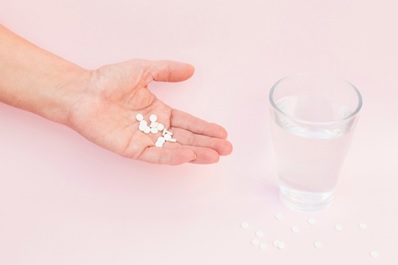
Are NSAIDs safe to take if you have kidney disease?
NSAIDs are usually safe for occasional use when taken as directed. However, if your doctor has told you that you have low kidney function, NSAIDs might not be right for you. These medications should only be used under a doctor's care by patients with kidney disease. High doses over a long period of time can also lead to chronic kidney disease and even progress to kidney failure.
How do I know if pain medicines have affected my kidneys?
Your doctor can check your kidneys by doing a simple blood test called a serum creatinine test. The results of the serum creatinine test can be used to estimate your glomerular filtration rate (GFR). Your GFR number tells your doctor how much kidney function you have.
A urine test for the presence of protein may also be done. Persistent protein in the urine may be an early indication of kidney damage.
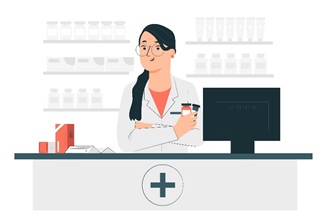
Tips about usage of painkillers and preventing kidney disease:
Our body is a gift; let us treasure it every day by taking care of it and by not popping pills in our body. Let us be mindful of eating what is right for our body and regular health checkups will help us to prevent chronic diseases.